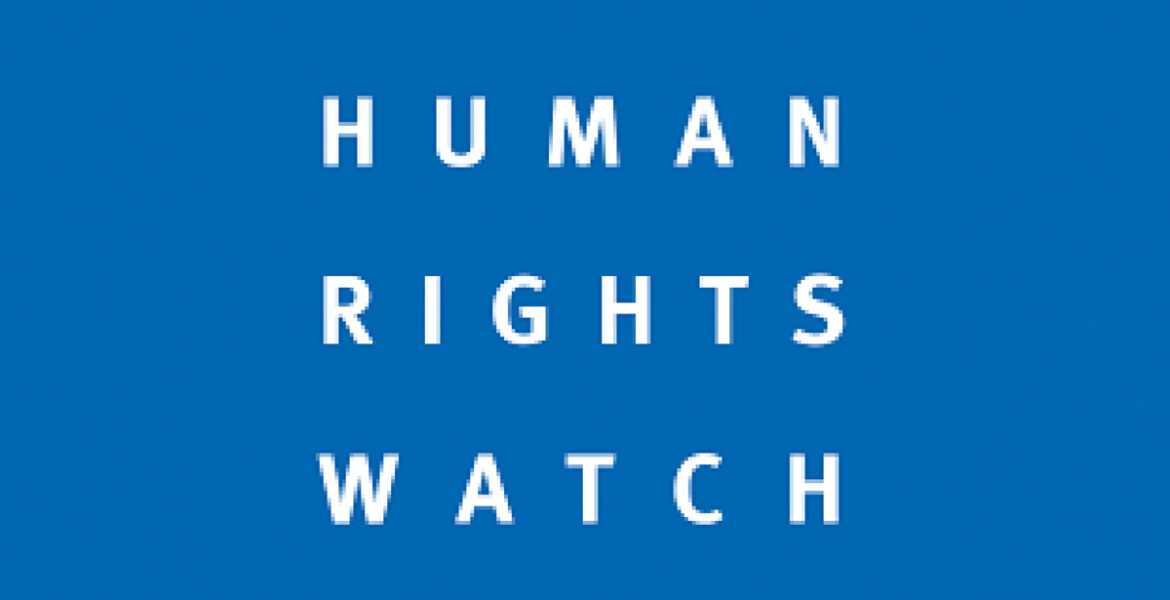The UN Under-Secretary-General is urged to investigate violations of human rights by Bangladeshi security forces In a scathing report published by Human Rights Watch (HRW), concerns are expressed regarding the ongoing violations of human rights by Bangladeshi government security forces. As Under-Secretary-General of the United Nations Jean-Pierre Lacroix prepares for his upcoming visit to the country, international observers urge him to publicly express his concerns and take action to resolve these violations.
The report emphasizes the repression of the political opposition, the harassment of Rohingya refugees, and the targeting of activists and families of victims of enforced disappearances. Specifically implicated in these severe human rights violations is the Rapid Action Battalion (RAB), a unit composed of seconded military and police personnel. These findings are not novel, as Bangladeshi security forces have a lengthy history of human rights violations.
The fact that personnel from the Rapid Action Battalion have been deployed for service in United Nations peace missions despite allegations of their involvement in torture, extrajudicial murders, disappearances, and other grave violations of human rights is particularly troubling. In 2019, the UN Committee against Torture voiced its concern and recommended the implementation of an independent screening procedure to prevent the selection of individuals or units implicated in such atrocities.
To address this issue, the United Nations is urged to require Bangladeshi officers to disclose any prior deployments with the RAB and to automatically prohibit anyone affiliated with the unit from participating in UN peacekeeping operations. Additionally, the Department of Peace Operations should allocate sufficient resources for a comprehensive human rights screening of all Bangladeshi forces, not just senior commanders. Failure to address these issues creates a moral hazard for the United Nations, as it conveys the message that gross violations of human rights do not disqualify individuals from serving under the UN flag.
Notably, Jean-Pierre Lacroix has not yet formally responded to a previous report published in January of the previous year, which also called for the improvement of the human rights screening process for Bangladeshi peacekeepers and the prohibition of RAB members from UN deployments. During his visit, Lacroix is expected to address these issues publicly and commit to an enhanced human rights screening process that addresses the documented abuses by Bangladesh security forces, the government’s failure to hold perpetrators accountable, and the threat these violations pose to the global integrity of UN peacekeeping missions.
-HRW

